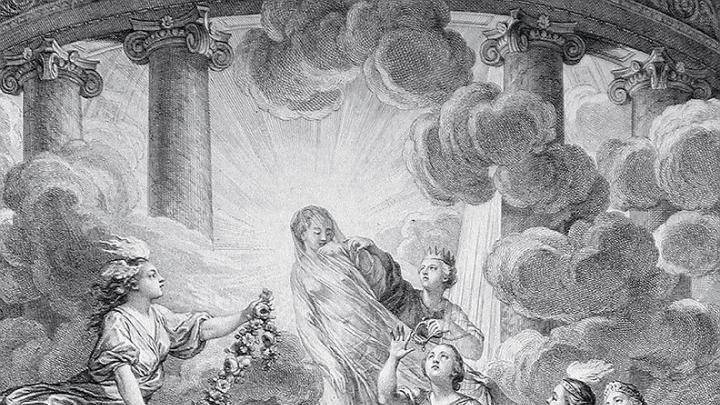The Pulitzer Prize- and National Book Award-winning political scientist and historian James MacGregor Burns, Ph.D. ’47, has turned to the biggest of Big Ideas in his field—the play of intellect, the problems of governance—for his new book, a synoptic overview titled Fire and Light: How the Enlightenment Transformed Our World (Thomas Dunne Books, $27.99). The author is Woodrow Wilson professor of government emeritus at Williams College. From his introduction, “Enlightenment as Revolution”:
The last four centuries have demonstrated that once the flame of Enlightenment has been lit, however much it might be repressed or distorted, it cannot be extinguished. Enlightenment remains the most powerful tool for challenging authority and liberating the human mind, an inspiration to leaders and followers worldwide, a method for effective change, and a framework of values by which that change can be measured. For these same reasons, the Enlightenment remains a target for authorities of all colorations, who regard ignorance—and in modern propaganda terms, minds force-fed with falsehoods—as the bulwarks of their power, apart from brutal force. But in an age of quicksilver networks of mutual enlightenment that continually widen through newer and newer social media, ignorance is a wasting resource.
Even so…many urgent questions about means and ends remain. English, American, and French revolutionaries faced them centuries ago, but they are no less vital and controversial today, not only in nations struggling to invent a new civil society but in regimes long-established on enlightened principles as well.…What should a people expect from government? Who should lead and how are leaders to be chosen? How should leadership be made accountable…and how can the rights of all citizens be protected? How can people be readied to play an enlightened role in exercising their freedom and governing themselves?…
So long as the potential for human betterment—the philosophers’ “perfectability of man”—persists, Enlightenment will be a living, vital work in progress, a continuing condition of possibility. Its transformative power has always been in the crucial binding of means and ends. It has never been limited to pondering purely abstract ideas nor has it been a guide for the merely pragmatic. To consider a principled outcome has been to consider the method to achieve it. For men and women, Enlightenment is both the destination and the road. It means that people think for themselves and act in their own interests, with reason as their tool and enlightened values to live by and strive for. They become interpreters of their world and shapers of it. “Know then thyself,” Alexander Pope urged when declaring the proper study of mankind. In the age of the Enlightenment, to seek self-knowledge is to discover humanity.
Updated 11/21/2013 10:45 a.m. to correct the name of the publisher. Thomas Dunne Books is an imprint of St. Martin's Press.







